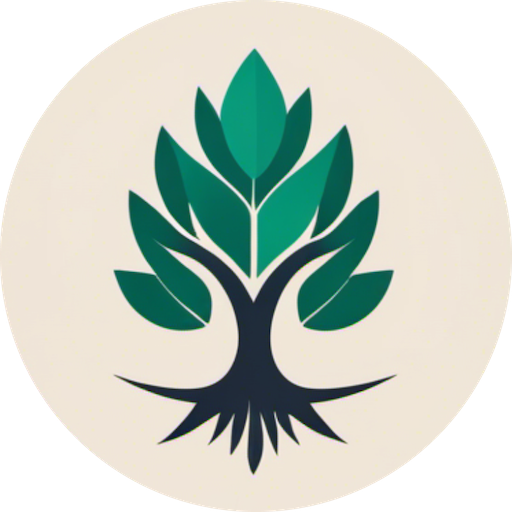In today’s fast-paced work environment, our attention often gravitates toward external achievements: meeting deadlines, delivering results, and climbing the career ladder. However, true professional growth doesn’t just stem from what we accomplish; it comes from how deeply we understand ourselves. This is where the power of self-reflection comes into play—a practice that helps us unlock our potential by fostering self-awareness and intentionality in our actions.
Why Self-Reflection Matters
Self-reflection is the cornerstone of personal and professional development. It allows us to pause and critically examine our thoughts, behaviours, and outcomes. Without it, we risk navigating our careers on autopilot, repeating patterns without fully understanding the drivers of our successes or the root causes of our setbacks. Here’s why self-reflection is indispensable:
Increased Self-Awareness
By reflecting, we better understand our strengths, weaknesses, values, and goals. This heightened awareness is crucial for making informed career decisions and aligning our actions with our true aspirations.
Continuous Learning and Growth
Self-reflection transforms every experience—positive or negative—into a lesson. Challenges and setbacks become opportunities to learn, adapt, and improve.
Improved Emotional Intelligence
Understanding our emotional responses enhances our ability to navigate interpersonal dynamics. It allows us to manage conflicts, build stronger relationships, and lead with empathy.
Addressing this isn’t always easy. We often focus solely on our own perspective, striving to prove we’re right. However, pausing to consider the other side can reveal new insights and illuminate aspects we may have overlooked when too emotionally invested.
Better Decision-Making
By evaluating past decisions and their outcomes, self-reflection sharpens our decision-making skills. This enables us to approach future challenges with greater clarity and confidence.
How to Get Started
Incorporating self-reflection into your routine doesn’t have to be time-consuming or complicated. Here are some practical methods to get started:
Journaling
Dedicate a few minutes daily or weekly to write about your experiences. Use prompts such as:
• What went well, and why?
• What could have been done differently?
• How did I feel during key moments, and what does that tell me about myself?
Feedback Review
Revisit feedback from peers, mentors, or supervisors regularly. Reflect on how you’ve applied it and identify areas where you can continue to grow.
Structured Reflection
Use frameworks like the What, So What, Now What? model:
• What? Describe what happened.
• So What? Analyse the significance of the event or experience.
• Now What? Identify actions or changes to implement moving forward.
Meditation or Mindfulness
These practices help you focus on the present moment, creating a mental space to observe your thoughts and emotions without judgment.
The Role of Mentorship in Self-Reflection
While self-reflection is a personal journey, mentorship can be vital in guiding the process. A mentor provides an external perspective, helping you uncover blind spots and challenging you to think more deeply about your experiences. Through regular check-ins and candid conversations, mentors help unlock insights that may be difficult to uncover alone.
In my mentoring experience, I’ve seen the transformative power of self-reflection firsthand. Most mentees come to me with a specific goal, but their focus often shifts as we delve deeper. Frequently, it starts with understanding workplace dynamics—why others react the way they do. From there, a natural progression occurs: they first recognise the value of changing their own behaviours. This shift often leads to greater self-awareness and healthier work relationships.
Making Reflection a Habit
The key to unlocking your potential through self-reflection lies in consistency. It’s not a one-time exercise but an ongoing practice. Set regular intervals—whether daily, weekly, or monthly—to pause, reflect, and recalibrate. Over time, this habit can lead to profound personal and professional growth.
Even with our busy schedules, carving out a few moments at the end of a workday or week can make a significant difference.
Closing Thoughts
In the race to achieve and excel, don’t forget to pause and look inward. Self-reflection is a powerful tool that can help you navigate your career with greater purpose and clarity. By deepening your self-awareness, you’ll not only unlock your own potential but also inspire those around you to do the same.

